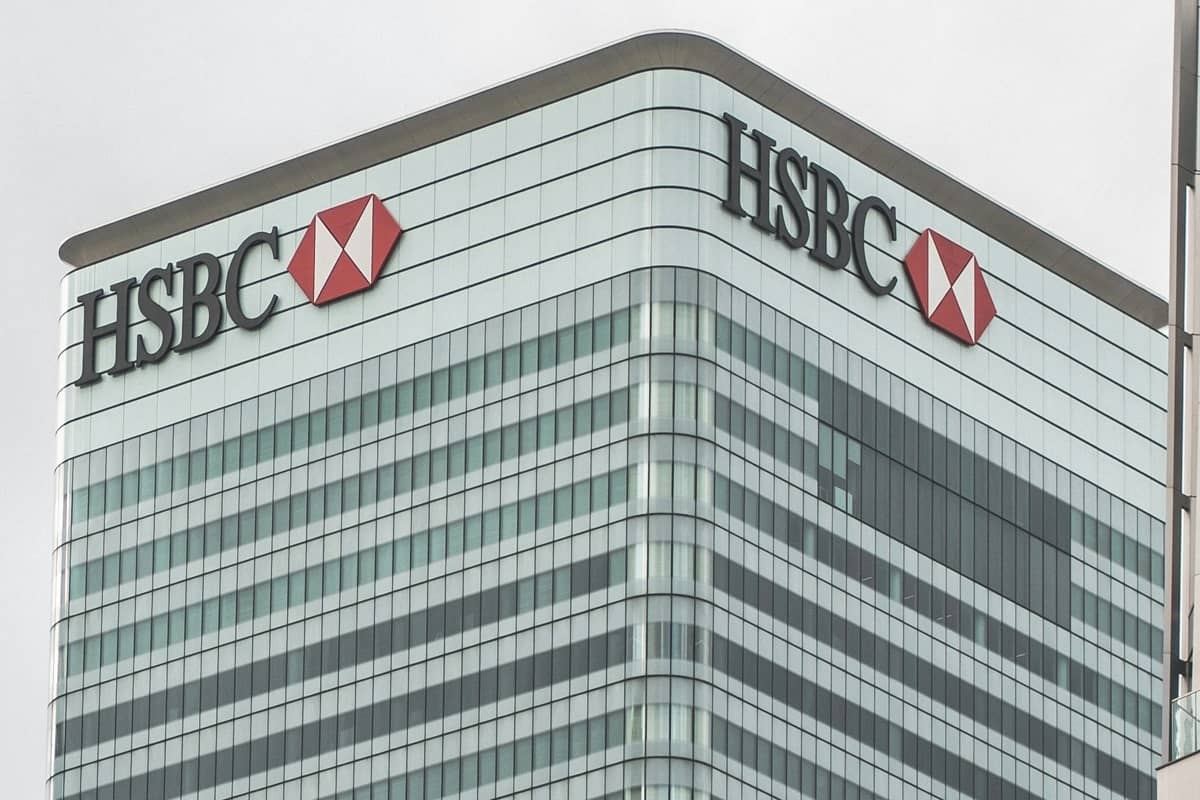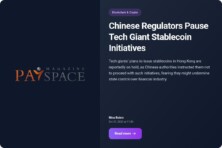HSBC on Wednesday, February 21, published data on a significant decrease in its quarterly profit after the share of this financial institution in China’s Bank of Communications (BoCom) fell by $3 billion.

Also, the mentioned lender faced difficulties amid accusations against itself. The financial institution is claimed to impact the state of affairs in the Chinese real estate sector, which is currently experiencing a crisis.
HSBC, the official activity strategy of which contains a thesis focusing on scaling doing business in Asia, reported that for the fourth quarter of 2023, its pre-tax profit showed the dynamic of the decline, recorded at 80% compared to the last three months of 2022, amounted to $1 billion.
HSBC stated that the reason for the negative result was a pair of charges that it took. Of the total amount, $3 billion is linked to BoCom, one of the largest players in China’s banking sector. HSBC also received $2 billion from the sale of its retail business in France. The financial institution reported that the $3 billion impairment was calculated after a December evaluation, which included an estimate of future cash flows at BoCom.
HSBC has formed reserves amounting to $3.4 billion. These funds are intended to cover expected credit losses and other expenses related to the bank’s participation in the commercial real estate sector of mainland China.
Matt Britzman, the equity analyst at Hargreaves Lansdown, in a research note, said that HSBC’s performance was worse than preliminary expectations, noting that in this case, the negative dynamic is insignificant. At the same time, he says that the higher operating expenses of the financial institution offset the deterioration, which is moderate in nature.
According to Matt Britzman, HSBC’s prospects in mainland China remain in doubt. In the relevant context, he noted that the volume of the bank’s expenses to cover loan losses turned out to be higher than preliminary expectations for this indicator, while China’s commercial real estate sector continues to be weak.
HSBC, headquartered in the United Kingdom, continues to positively assess the prospects for its operations in the Asian country. Mark Tucker, chairman of the board of this bank, which is the largest in Europe in terms of such an indicator as market value, says that the recovery of the Chinese economy after its kind of resumption, which began against the background of the abolition of the zero-tolerance policy to coronavirus, turned out to be bumpier than expected, but the annual target in the form of growth at the level of 5% in 2023, it was still achieved. In his opinion, the corresponding positive dynamic will continue in 2024. These expectations of Mark Tucker are based on the fact that the measures announced by Beijing to support the real estate sector and the debt of local authorities are gradually spreading to the entire economic system.
Some experts say that China should use more extensive measures to improve the economic situation. Alicia Garcia Herrero, a chief Asia-Pacific economist at Natixis SA, said Beijing needs to apply new incentives. The authorities of the Asian country adhere to a moderate approach in contributing to the improvement of the situation, motivating their tactics by unwillingness to increase debts.
The crisis in the real estate sector has been a factor of pressure on the Chinese economic system since 2021. Three years ago, Beijing began taking government measures to crack down on borrowing by developers, which led to the deficit of funding in the mentioned area. Since then, the Chinese real estate market has existed in the context of a long-term downturn process. Against the background of the negative state of affairs, a decrease in investment volumes in this area and a largely natural drop in sales were recorded. Dozens of large Chinese developers have defaulted on their debts. Evergrande, at its best, the second-largest developer in the Asian country, received a liquidation order last month.
The charges reported by HSBC level out to some extent its record profit for 2023, which was fixed at $30.3 billion. This figure is 78% higher than the result for 2022. At the same time, a group of analysts surveyed by the financial institution expected that the bank’s pre-tax profit for 2023 would amount to $34.1 billion.
The value of HSBC shares listed in Hong Kong fell by almost 4% after the publication of last year’s results. Securities of a financial institution listed in London fell by 7%.
HSBC said it owns 19% of BoCom shares, which were acquired in 2004. The official statement of the financial institution notes that the mentioned Chinese bank remains a strong partner in the Asian country. HSBC also remains focused on maximizing the mutual value of cooperation with BoCom. Separately, the bank’s report notes that positive views on medium- and long-term structural growth opportunities in mainland China remain unchanged.
It is worth noting that HSBC is not the only European lender facing difficulties amid problems in the Chinese real estate sector. In October, Standard Chartered, headquartered in London, announced the charge of loan impairment losses for $186 million related to commercial real estate in the Asian country.
As we have reported earlier, HSBC to Improve Ties With Hong Kong Unit.









